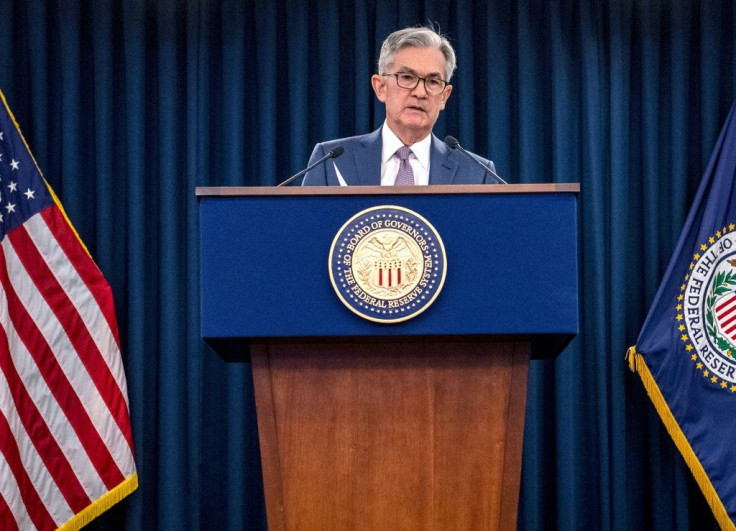Fed Faces 'Balancing Act' Between Inflation, Faster Growth
The Federal Reserve has made it clear it is too soon to think about pulling back on stimulus for the pandemic-battered economy, but finds itself stuck between an improving outlook and inflation fears.
The US central bank opened the last session of its two-day policy meeting on Wednesday, amid an acceleration of Covid-19 vaccine campaigns and reopening of businesses, which are fueling optimism that life in the United States can return to normal.
And into that improving economy comes a flood of government funds: a $1.9 trillion relief package President Joe Biden signed last week, and the remainder of the $900 billion aid approved in December.
Economists expect that influx of cash to shore up businesses, drive job growth and boost spending, but markets worry it will bring with it an upward spiral of prices.
Fed Chair Jerome Powell will have a chance at his post-meeting news conference to allay those concerns and repeat his assertion that while prices will rise this year, any spikes from the depressed levels of 2020 will be transitory and no reason for the bank to take action.
In fact, the central bank wants prices to rise to some extent, since inflation has lagged below its two percent target for years.
The Fed faces "a delicate balancing act," between wanting a recovery while also tamping down fears interest rates will rise to contain inflation, said BNP Paribas chief economist William De Vijlder.
The Fed's policy-setting Federal Open Market Committee (FOMC) is due to release its statement at 1800 GMT followed by Powell's press conference.

FOMC members also will release their updated forecasts which are expected to be more upbeat than December, and take into account the stimulus and improving outlook.
But De Vijlder said the more optimistic forecasts will just "add fuel to the fire" of potential price increases and cause yields on US Treasury debt to rise again -- the inflationary red flag that has sent stock markets on a roller-coaster ride in recent weeks.
Powell has made it clear the Fed will wait until employment has recovered and inflation is securely above two percent before it will roll back its easy money policy.
And he stressed that the Fed has the tools to ward off any uncontrolled price spikes.
Markets may be looking for him to spell that out once more.
"Fed officials would happily raise rates to cool what would be an overheating economy for the first time in, well, decades," Grant Thornton economist Diane Swonk said.
"That would mark a policy achievement for the Fed, rather than the failure the bond market is anticipating."
But she noted that this crisis is unique so "we can't completely rule out a more vicious inflation cycle."
Powell's "hardest job" will be to clarify the central bank's plans when faced with "a temporary flare in inflation this spring and summer."
© Copyright AFP {{Year}}. All rights reserved.




















